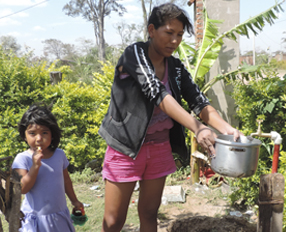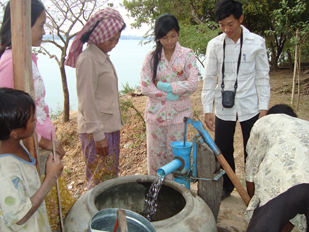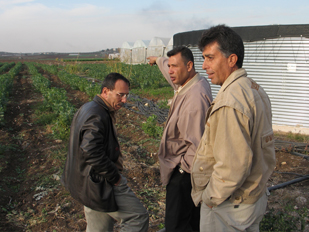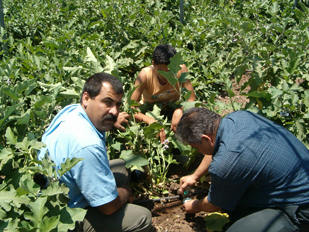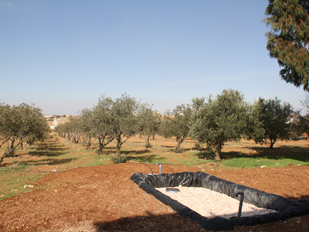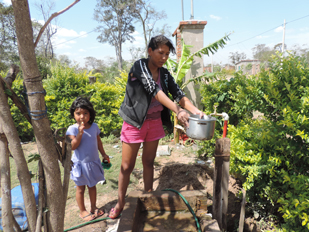On July 28th 2010, the United Nations General Assembly declared access to clean water and sanitation a human right. Before that, in 1993, it established March 22nd as the World Water Day, dedicating this day to the celebration of specific activities to make people being aware about the preservation and development of water resources.
In the context of its work on international cooperation, FPSC has earmarked more than 14% of its resources to projects trying to reach that people’s right, as well as to guarantee the minimum levels of water to ensure agricultural production in arid and semi-arid lands.
On the basis of these principles, FPSC has mainly worked in this field in the Middle East (Palestinian Territories and Jordan), due to the fact that the complex circumstances of the area have hampered the proper management of water and agricultural and environmental development, negatively affecting the quality of life of the population, but also food security.
Thus, FPSC does nowadays develop three projects in Palestinian Territories funded by the Spanish International Cooperation Agency for Development (AECID).
The first one, “Improving Palestinian farmers’ access to treated water by improving human resources in the West Bank water plants”, will train the human capital of the water treatment plants in the West Bank, by meeting the national and regional standards imposed by the Palestinian Water Authority (PWA).
The main goal of the other two projects, “Promotion of a sustainable rural development in Gaza to reduce vulnerability and increase resilience” and “Sustainable and equitable rural development in the West Bank including the start and use of responsible management of land and water resources for small and medium farmers”, is rural development, being a good management of water resources the key point.
Also, thanks to OFID’s funding, FPSC develops to other projects in Latin America: “Increased access to sustainable safe water supply and sanitation services for poor rural population in Haiti” in Haiti; and “Improving living conditions for rural communities in Bolivia through targeted water supply interventions” in Bolivia, in order to guarantee the access to clean water by the population, as well as a adequate sanitation that will have a positive impact on the health of the community.





